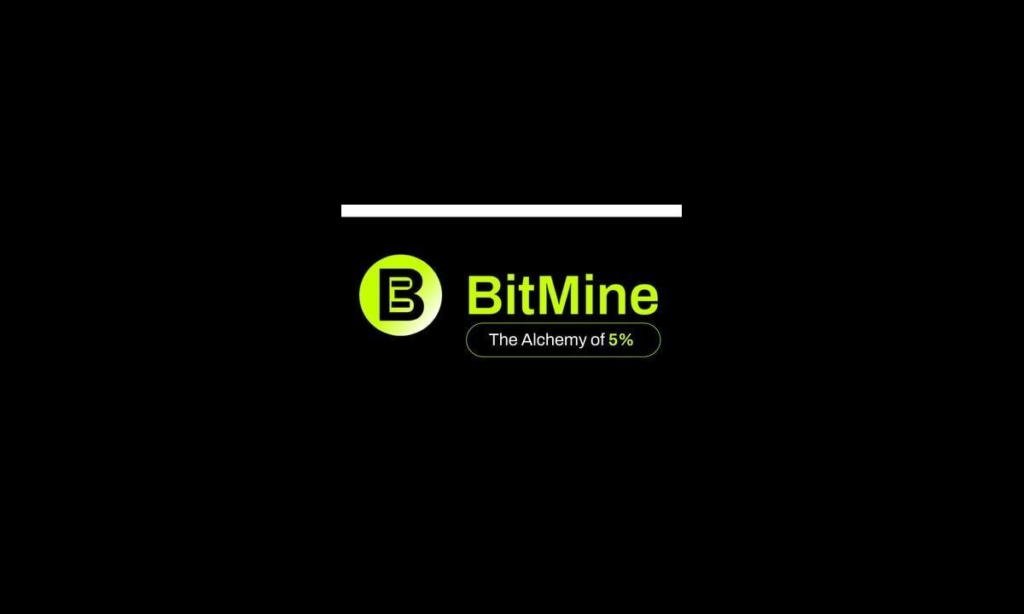Three major cryptocurrency groups—the Blockchain Association, DeFi Education Fund, and Texas Blockchain Council—are suing the Internal Revenue Service (IRS) over its new rules that impact decentralized finance (DeFi) platforms. The groups argue that the IRS has gone too far by labeling DeFi platforms as brokers, which has caused a strong reaction from the crypto community.
The IRS has updated its definition of “broker” to include decentralized exchanges and front-end platforms, requiring them to report all cryptocurrency transactions and user details. These rules will start in 2027 and are meant to make digital asset trading clearer. Critics say this interpretation goes beyond what the IRS is allowed to do and breaks the rules set by the Administrative Procedure Act (APA).
The advocacy groups say that these rules create heavy compliance demands, especially for software developers making DeFi trading interfaces. They say these burdens might slow down innovation and push new technologies to move abroad. Marisa Coppel, the Blockchain Association’s Head of Legal, stated that the IRS’s actions violate privacy rights and unfairly focus on decentralized technologies.
The wider crypto community has shown clear disapproval. Bill Hughes, a lawyer at Consensys, pointed out that the timing of the regulation’s announcement seemed like a way to lessen public opposition. Miles Jennings, General Counsel at a16z Crypto, called the regulation a strong effort to limit DeFi’s growth.



